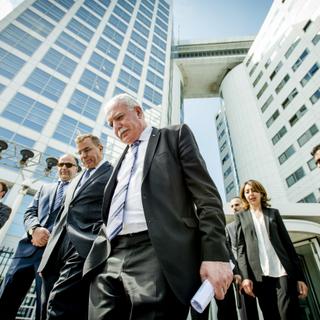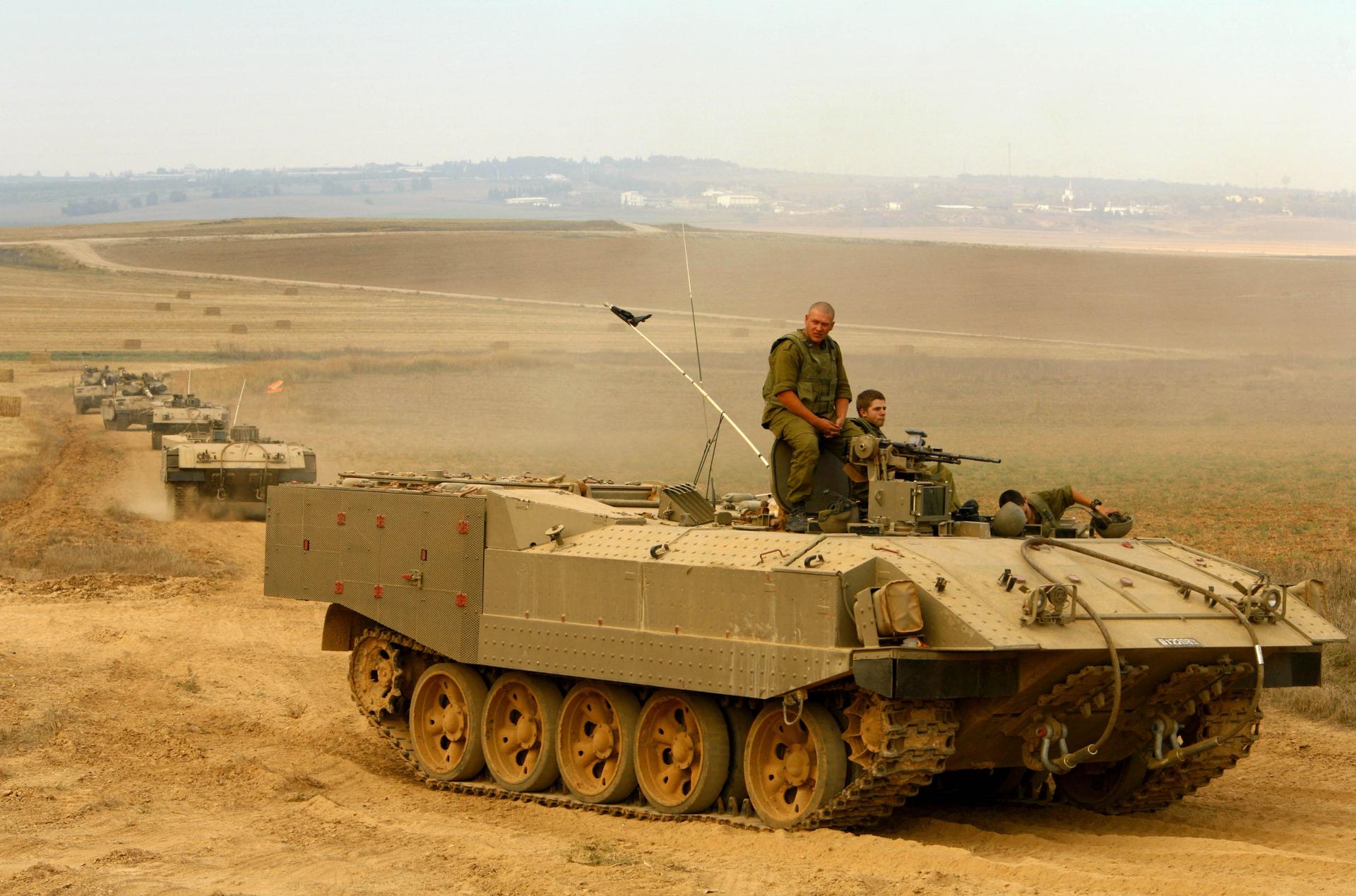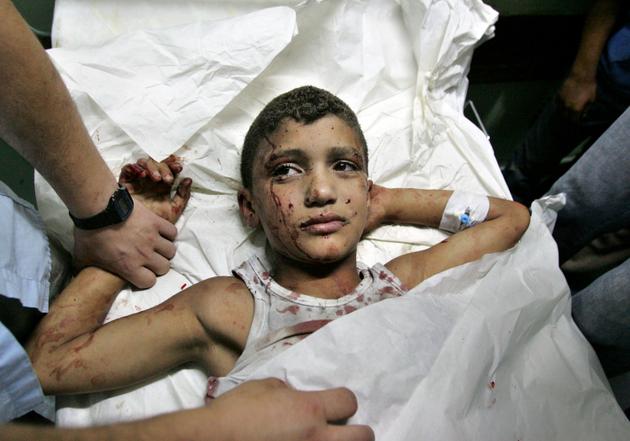


Palestinians' long march toward international justice
Long ReadLaunched in the mid-2000s, attempts to put the Palestinian issue on the international judicial agenda came to fruition on November 21, with the issue of arrest warrants for the Israeli prime minister, his former defense minister and a Hamas official, for war crimes and crimes against humanity.
In a swift movement, Nabil Abuznaid moved the easel bearing the inscription "State of Palestine" to his right. The Palestinian ambassador to the Netherlands looked at the letters engraved in white, extended his arm and, with a light touch on his smartphone, photographed the moment: On June 24, 2015, Palestine sat for the first time among the member states of the International Criminal Court (ICC), in The Hague. It was a milestone in a long and bitter diplomatic-judicial battle. An offensive waged from Gaza, Ramallah, New York and Lyon, aimed at putting the Palestinian issue on the agenda of international justice and putting an end to the impunity that has surrounded the Israeli system of occupation since 1967. "Now the Israelis can become my prison neighbors. But this time, they won't have the keys," rejoiced Abuznaid on this day in June 2015.
Launched in the mid-2000s by a handful of Gazan lawyers, later joined by the Palestinian Authority, slowed down by an avalanche of obstacles and hit by wars and threats, this operation finally came to fruition. On Thursday, November 21, the ICC issued arrest warrants for Israeli Prime Minister Benjamin Netanyahu and his former defense minister Yoav Gallant for war crimes and crimes against humanity.


It all began in June 2006, with the Israeli military operation "Summer Rains" against the Gaza Strip. Launched in response to the capture of Israeli corporal Gilad Shalit by Hamas fighters, it was the first in a series of six wars that would devastate the coastal enclave. On the premises of the Palestinian Center for Human Rights, which he runs in Gaza City, Raji Sourani, 53, was convinced that the evidence of Israeli abuses, painstakingly collected by his employees over the years, should make it possible to refer the matter to the ICC, created in 1998 by the Rome Statute and set up in 2002.
It was with this strong belief that he arrived in The Hague for a meeting with Luis Moreno Ocampo, who was çthen the Court's first prosecutor. "He tried to discourage me from the outset, telling me that if the Americans didn't accept him, then he would never open an investigation," recounted the Gazan lawyer, contacted by telephone in June. The chances of a green light from Washington were nil. The United States, which has not signed the Rome Statute, is wary of such international bodies. It forbids judges in The Hague to look into the actions of its troops in Afghanistan, as well as those of its allies, such as Israel.
You have 85.33% of this article left to read. The rest is for subscribers only.
